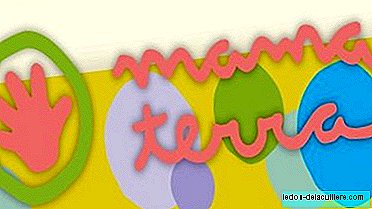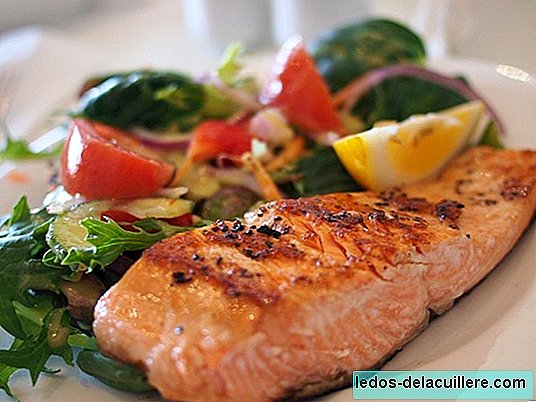
It is likely that as children we heard our parents or grandparents more than once telling us that we had to drink a lot of milk to grow. Or it may be something that even we tell our children.
Well, according to a study published in the American Journal of Nutrition, it seems that we are not misled when we affirm this, because it has been found relationship between height and type of drink children consume.
Children who drink vegetable drinks are shorter
The American Journal of Nutrition states that children who do not drink cow's milk and turn to other types of beverages based on soy, rice or almonds they are, on average, somewhat lower than those who do.
In the United States, many parents choose to feed their children with vegetable drinks Believing that they are more beneficial to your health. But researchers warn that they do not contain the same proteins or fat as cow's milk, so It could affect the growth of children.
Therefore, it was decided to carry out a study in order to determine if, as it was believed, there is an association between the consumption of cow's milk and height in childhood and the data obtained were significant.
The height of 5,034 healthy Canadian children between 24 months and 6 years of age was studied and it was found that for every daily cup of vegetable drink they consumed, they were 0.4 cm shorter than those who did drink milk.
Thus, it was determined that, for example, a 3-year-old child who consumes three daily cups of "milk" that is not cow's milk, measures, on average, 1.5 cm less than another child of the same age who does drink milkTherefore, according to this study the relationship between less height and consumption of vegetable drinks seems clear, although it is indicated that a future research to better understand this association.
The importance of calcium
Recently, the Spanish Nutrition Foundation and the Ibero-American Nutrition Foundation presented the report "Milk as a health vehicle: calcium and its determinants in the health of the Spanish population".
In this study, precisely warned of the dangers of consuming vegetable drinks as substitutes for cow's milk (or adapted formulas if we talk about babies), especially in the diets of growing children, due to the low calcium they provide.
And it is that calcium, along with vitamin D, is essential to ensure that bones remain dense and strong, hence it is so important to consume foods rich in calcium such as milk and derived products
According to experts there are several foods that contain calcium, but cow's milk seems to be the best source and one of the easiest and most accessible foods when incorporated into the diet.
A single glass of milk contains the same calcium as six servings of legumes or seven servings of vegetables, hence it is more complicated to maintain correct levels of calcium in the diet if we stop consuming milk on a daily basis.
Therefore, be alert negative impact on health that can eliminate cow's milk in pursuit of vegetable drinks whose boom has become notable in recent years.
From the Spanish Federation of Nutrition, Food and Dietary Societies, they insist on the importance of maintain a balanced diet and supervised by a doctor and a dietitian if, for health or allergy reasons, cow's milk had to be removed from the diet.
This warning becomes more necessary, if possible, when we talk about growing children, since eliminating milk from their diet means eliminating an important source of calcium and high nutrient density.IStock Photos Via American Journal of Nutrition in Babies and More 80 percent of people do not consume the calcium they need, and it is worrisome, A 7-month-old baby dies on an adapted diet without milk and weighed 4 kg,












